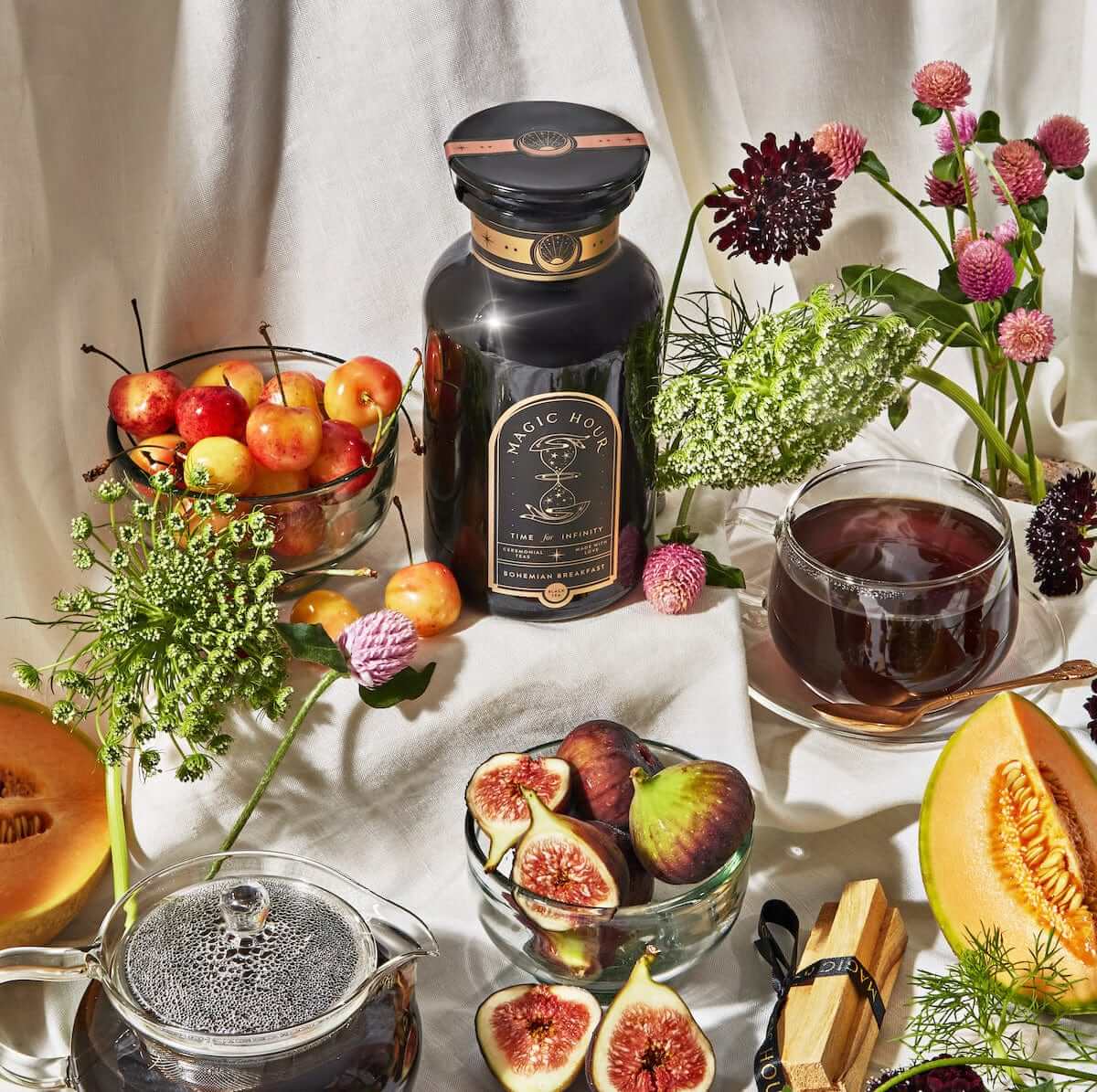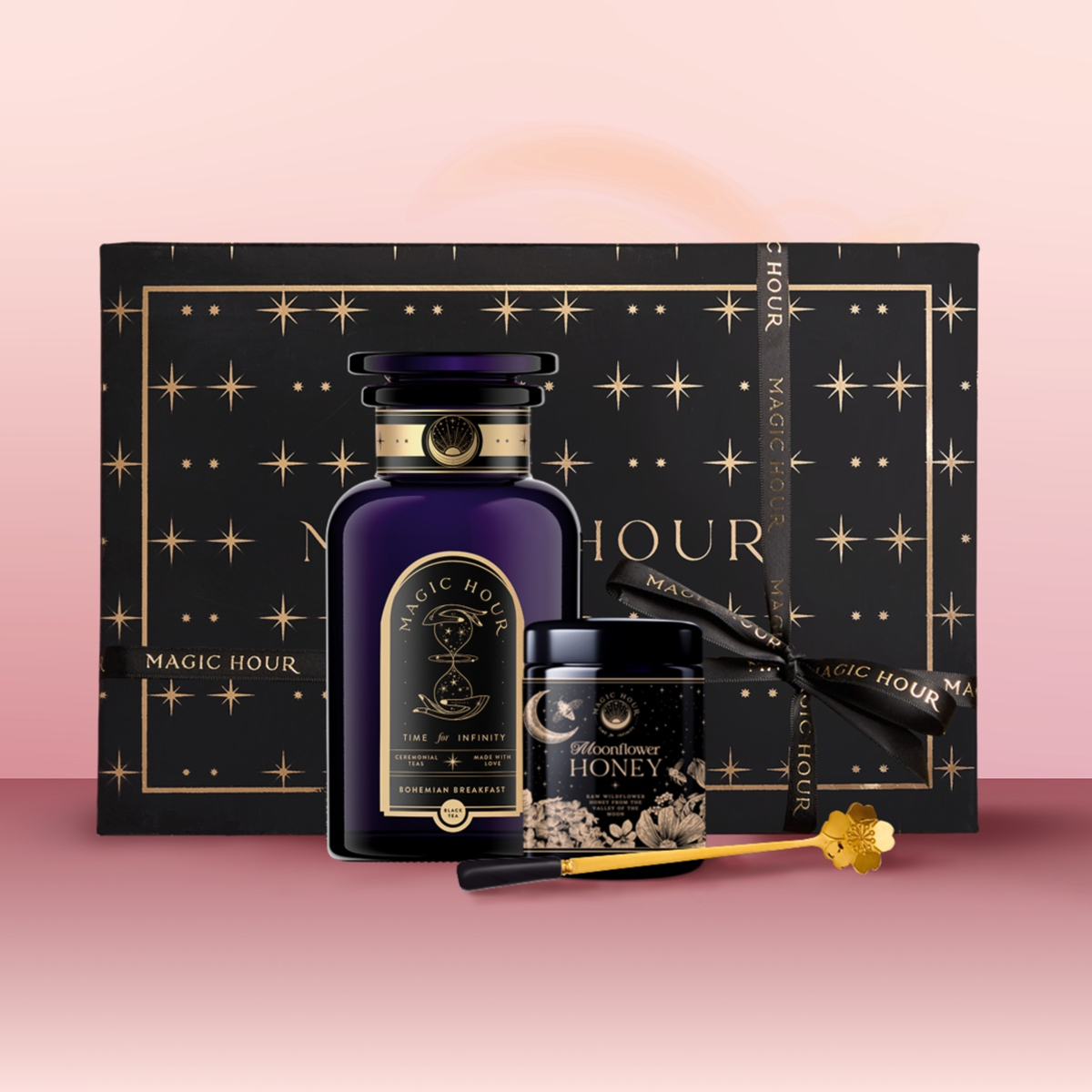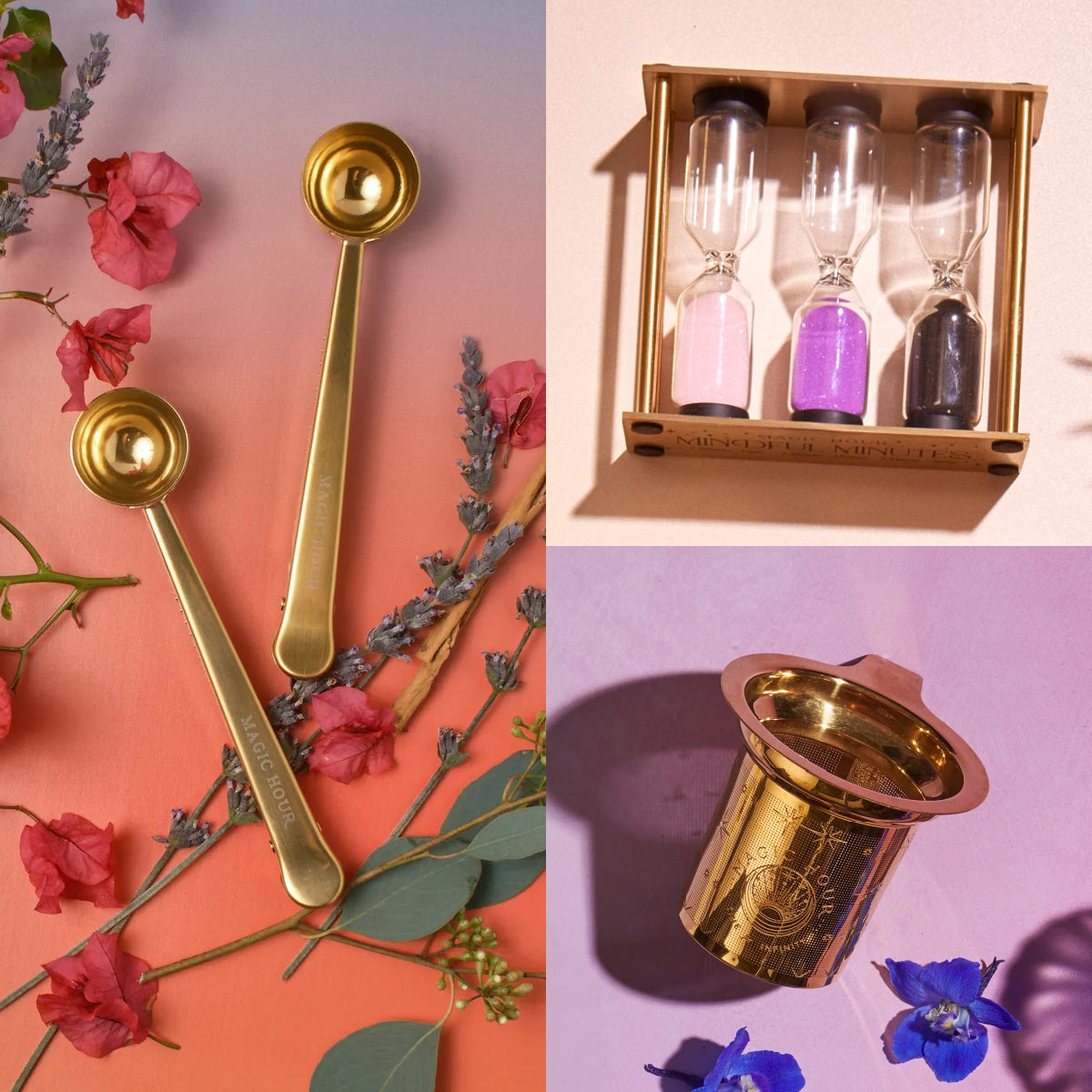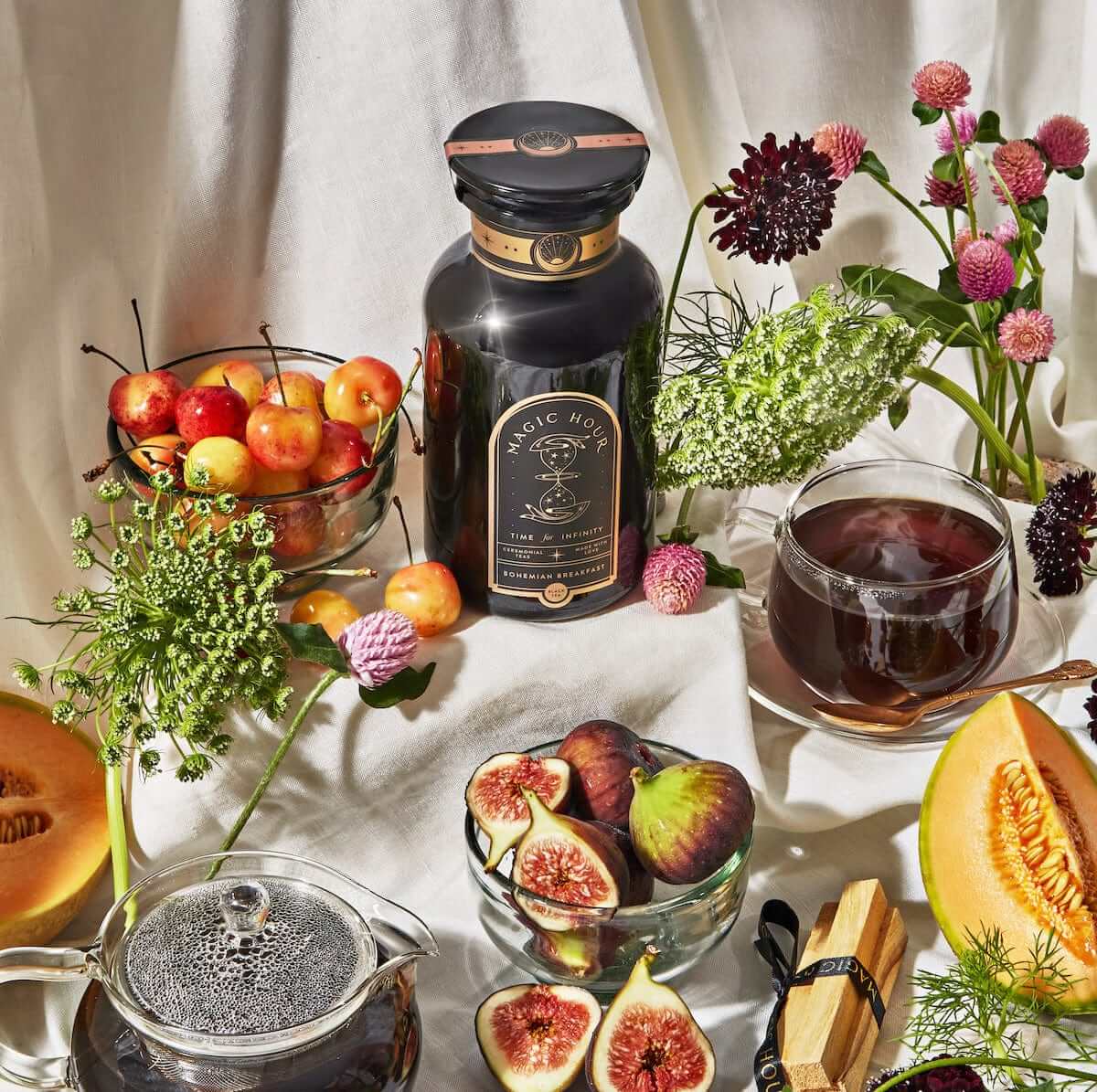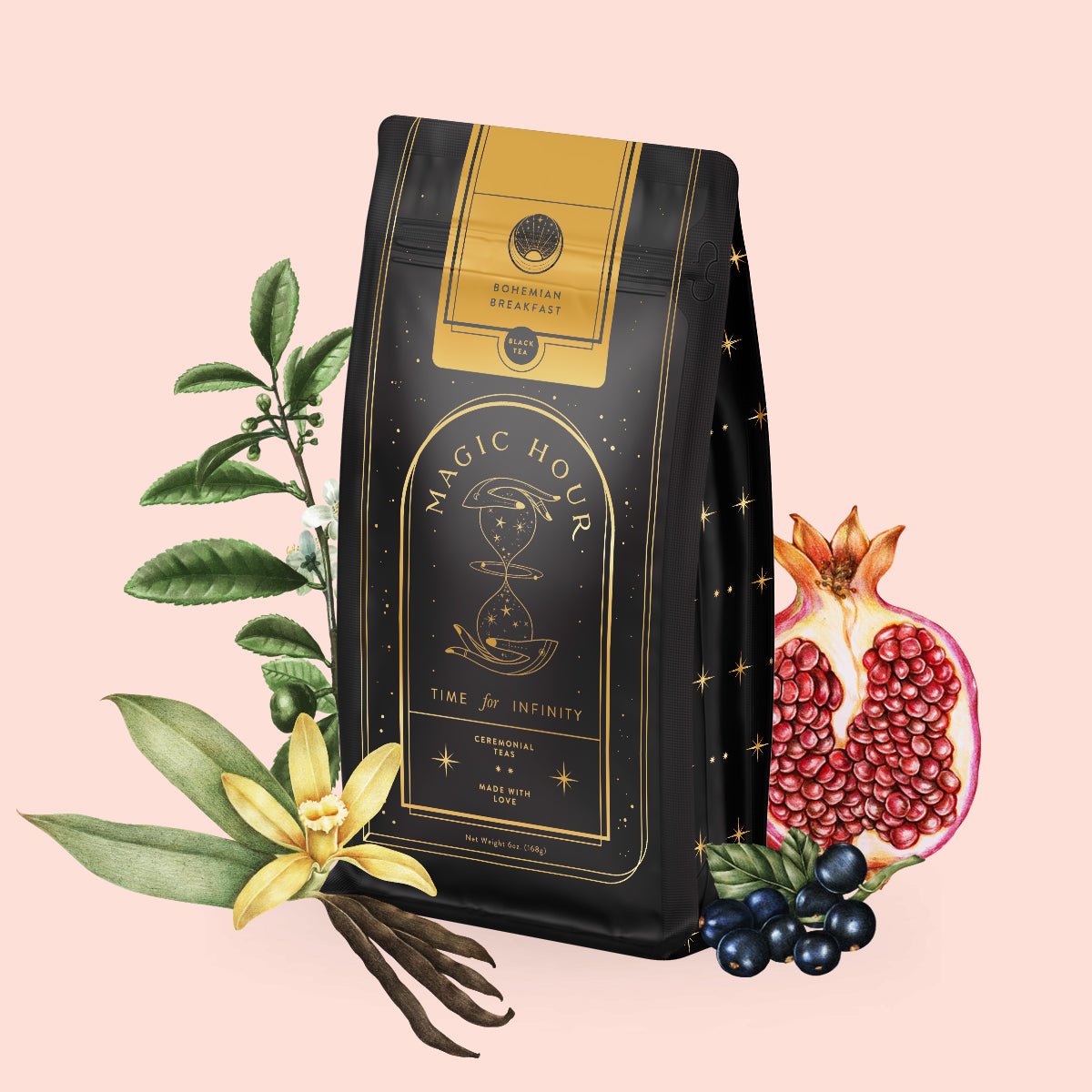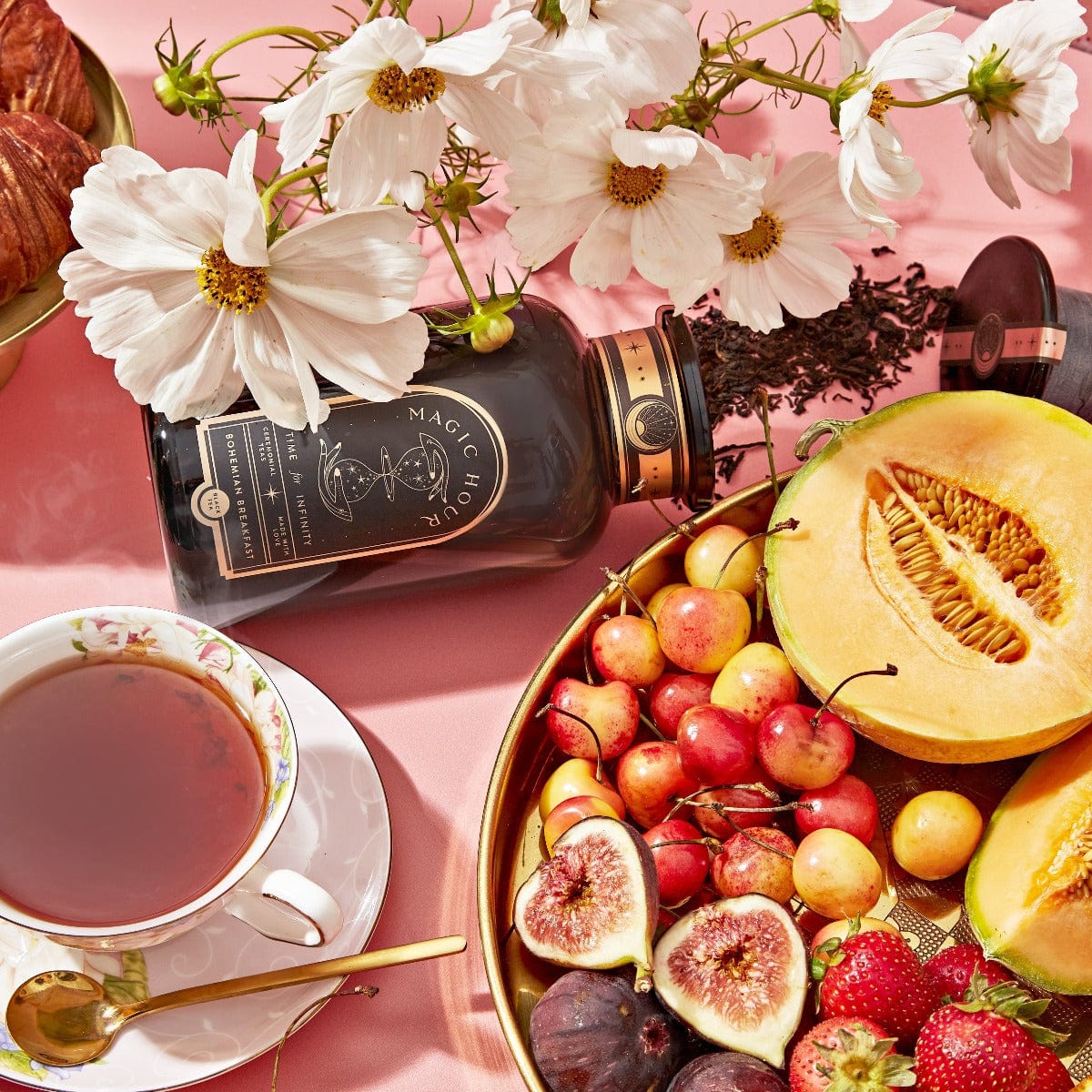Does tea expire? Tea has a long shelf life, but it is not indestructible. If you’ve wondered if the tea bags or loose-leaf tea in the back of your cabinet are still good to drink, we’ve got some answers.
Whether you’re just beginning your journey with tea or you’ve been drinking it for a long time, you may not know if tea expires or if it’s safe to consume if it does.
In this guide, you’ll discover:
- If tea expires
- How long tea stays fresh
- How to tell if your tea has gone bad
- What causes tea to spoil
- How to store your tea properly
- If expired tea is safe to drink
Let’s dive in.
Does Tea Expire?
Many of us have a collection of tea somewhere in our cupboards that we’ve stored for many years. You don’t want to throw it out, but you’re not sure you should drink it.
If you have older tea bags, you may wonder if you should follow the expiration date. If you store loose-leaf tea, you may not know when it’s past its “best-buy” date.
So what do you do? Does tea go bad?
The answer is yes — and no.
Tea expires in the sense that the leaves don’t retain the same freshness and flavor forever.
The leaves will grow stale and be harder to steep. If exposed to moisture or not dried properly, they can grow mold and fungi.
However, if your tea is properly stored and there are no fungi or mold, old tea leaves are still safe to drink. They just may not produce the best-tasting brew you’ve ever had.
If you are unsure about old tea you’ve found, it’s always safest to throw it out. If you see strange discolorization, funny smells, or something about it just seems “off,” don’t risk it.
Don’t feel bad about throwing out old tea. Tea is abundant and affordable, and it is far better to be safe than to ingest something that may be harmful or simply not taste good. Every cup should be a joy to experience.
Cleaning out your tea cabinet means there’s room for fresh new tea! Think of it as the perfect opportunity to explore varieties and flavor profiles you’ve never experienced before.
(If you’re not sure where to start with such an exploration, we’ve built a Tea Quiz that will help you find the best blends for your preferences.)
How Long Does Tea Stay Fresh?
Like many other dried goods, how long the freshness of tea lasts varies depending on processing, storage, and the type of tea.
According to data gathered by the USDA Food and Safety Inspection, the breakdown of how long tea stays fresh is as follows:
Loose-Leaf Tea
Loose-leaf tea is usually higher-quality than tea bags and will stay fresh longer. If stored in an airtight container away from light, air, and moisture, loose-leaf tea has a two-year freshness window.
Once opened, its freshness lasts 6-12 months.

Do tea bags expire?
Tea bags are easy to brew and convenient to buy, but they don’t stay fresh as long. The USDA data cited above says tea bags are good for 18-36 months. However, “good” does not equal “fresh.”
Older tea bags are not harmful to drink, but they don’t taste as good as newer ones.

Like loose-leaf tea, once tea bags have been exposed to light and air, they are good for 6-12 months.
Herbal Tea
It may be surprising to learn that herbal tea contains no actual tea in the technical sense.
All black and green teas originate from the Camellia sinensis bush. But you make herbal teas from flowers, herbs, and fruits.
Some of these components may stay fresher longer than others. But generally speaking, herbal teas will stay fresh for about 18 months when stored well and not exposed to air.
Once exposed to sunlight and air, herbal teas are subject to the same 6-12 month time frame.
Aged Tea
Aged tea is in a category all its own.
Unlike more common bagged or loose-leaf teas, aged tea has been intentionally matured over time, like wine or cheese.
This process allows it to develop unique flavor notes distinct from those in fresh teas.
Not all tea types will bear the aging process.
Usually, tea processors select hardier varieties known to improve over time for aging.
These varieties include:
Pu-erh Tea
Pu-erh tea is the best-knwon aged tea. It ferments during processing and then ages. There are two main types of Pu-erh: raw (sheng) and ripe (shou).
Raw Pu-erh undergoes a natural fermentation process and is often aged for several years, during which its flavor profile evolves from fresh and astringent to more mellow and complex.
Ripe Pu-erh, on the other hand, undergoes an accelerated fermentation process to simulate aging effects, resulting in a darker, richer tea.
Aged White Tea
White tea is another variety that ages well. In its original form, white tea is delicate and subtle. When aged, these notes become more robust, giving it a darker color, richer flavor, and smoother mouthfeel.
Aged Oolong Tea
Oolong is a variety that’s oxidized between the levels of green tea and black tea. When aged, its flavor profile becomes even more complex. The oolong aging process enhances its natural nutty flavor, and it is often re-roasted during processing to lock in as much flavor as possible.

Aging tea is an art. Tea masters carefully manage time and conditions to produce a product of pristine quality. If you ever have the opportunity, indulge in an aged tea like a fine wine.
How To Tell When Tea Isn’t Fresh
Your senses are your best indicator that a tea is no longer good to brew. There are three primary indicators to look for that will tell you your tea is not fresh.
How Your Tea Looks
Fresh tea leaves are vibrant. Green teas will be bright green, and black teas will be a rich, deep brown.

As tea ages—even when not exposed to light—its vibrant color fades. Teas will appear diluted in color, becoming dull and a more faded yellowish-tan.
Due to a breakdown of chlorophyll, the leaves will also lose the robustness of their structure, giving them a fragile, crumbly appearance.
Also, look for any discoloration or strange growths. If these appear, they could be mold or fungi growing on the tea leaves. This indicates the tea was not stored properly, and you should not drink it.
How Your Tea Smells
The aroma of tea is as varied as its flavors. Fresh tea can smell light and floral or deep and earthy.
As with sight, the breakdown of the compounds in the tea leaves will affect their aroma as they age.
If your tea isn’t very old, it may have the same aroma as fresh tea, just thinner and less pronounced. If you pick up any scents that are musty, stale, or sour, your tea is past its prime.
Be especially mindful of any smells of mold or decay.
How Your Tea Tastes
If you dug out some old tea and it looked and smelled okay, if a little faded, so you went ahead and made a cup, it still may taste odd to you.
Drinking old tea is likely not dangerous as long as the taste is not completely repugnant or sour. However, the absence of freshness will be apparent right away.
A fresh cup of tea will taste similar to how it smells. Green tea will taste grassy and vegetal, while black teas will be well-rounded and robust.
Over time, the catechins and other polyphenols in tea that contribute to its flavor degrade or oxidize, leading to a flat, dull, or bitter taste.
If you experience any of these characteristics while drinking the tea, the leaves have surpassed their fresh window and should be discarded.
If you’re worried about being able to drink all your tea before it goes bad, try buying in smaller quantities. You can even make it a communal activity and start a tea club with your friends. This way, all the tea you buy gets used, and you can try new teas without making a big investment.
Enemies of Freshness
The extent of your tea’s shelf life will largely depend on how well you keep it away from the three biggest enemies of freshness: air, light, and moisture.
Here’s how each of these elements affects your tea.
Air
Oxidation is a chemical process that occurs when oxygen and food interact. Once your tea interacts with oxygen, a chemical chain reaction begins that changes its composition.
This process results in a change in color, flavor, and smell to our senses. You have seen oxidation occur more dramatically with foods like apples and avocados. Their once vibrant hues turn brown, and evidence of decay starts to set in.
A similar process is happening in your oxidated tea. The oxygen interacts with the catechins and other polyphenolic compounds in the leaves, transforming them molecularly away from the fresh leaves they once were.
Oxidation will affect any tea exposed to air, but green teas are the most sensitive. They contain more catechins than black teas, which are more responsive to oxidation.
Light
Light exposure also affects the quality of your tea.
Light accelerates the breakdown of essential oils and compounds in the tea leaves that are critical for aroma and flavor. This photochemical reaction weakens the potency of these compounds, making the flavor profile flat where it used to be robust.
The breakdown of chlorophyll, which is also sensitive to light, contributes to the tea’s discoloration and decrease in quality over time.
Moisture
Moisture is the last of our deadly tea enemies and is just as destructive as the previous two.
Tea leaves absorb moisture from their environment. While holding excess moisture, microbial growth occurs in the leaves, leading to mold, fungi, and decay.
These changes not only degrade the quality of your tea but also pose health risks. Ingesting some molds results in an allergic reaction, respiratory issues, and stomach upset.
Like light, moisture also accelerates the chemical reactions that result in a loss of smell and flavor.
In short, moisture is bad news all around when it comes to keeping your tea fresh.
How To Properly Store Tea
With so many possible chemical reactions ready to destroy the integrity of your tea leaves, it’s essential to store your tea properly to keep it fresh.
Here’s how.
Containers
Your tea containers can be anything you’d like them to be, so long as they are airtight.
Clear glass jars with sealable lids are beautiful, but they still expose your tea to light. So, if you opt for clear glass, be aware that your tea won’t stay as fresh as it would in darkness.
Dark glass can also be very beautiful.
(We carry a variety of gorgeous apothecary jars in the Magic Hour Shop to keep your tea safe and looking fabulous.)

Many loose-leaf blends come in bottles and tins branded by their manufacturer. If these vessels are airtight, you can store your tea in them without a problem (Some tea tins make whimsically delightful additions to a home space once your tea is gone. For instance, a pencil holder for your desk or a travel container for trips away from home.)
Do note, if your tea comes packaged in plastic, the leaves may pick up tastes from the chemicals in the plastic. Also, plastic containers tend not to shut as tightly as other options like ceramic or tin, so keep that in mind.
Environment
As we’ve learned, tea absorbs moisture from its surrounding environment and picks up odors. This is critical when considering where to store your tea.
Above or next to the stove may seem like an intuitive place to store your tea since it’s so close to the kettle. But think of all the moisture and smells that inundate your stove area multiple times daily.
Those sensitive little tea leaves will pick up everything. What you thought was a delightful cup of fresh herbal tea may taste a lot more like French Onion soup. Yuck!
Similarly, many think keeping tea leaves in the refrigerator will keep them safe. But this is incorrect. The same moisture and odor problem happens in the fridge or freezer near the stove.
Exposure
Where you choose to store your tea should be a place that has the least exposure to light, moisture, and air.
As discussed, do not store in very hot or cold temperatures or near strong smelling foods.
A pantry or cupboard that remains cool, dry, and stable in temperature is the best home for your tea.
Is It Safe to Drink Expired Tea?
As we’ve mentioned several times already, older tea is generally considered safe. The exception to this is if there is any growth or decay on the leaves. Your senses will let you know if something looks, smells, or tastes “off.”
Listen to this sensory input, and do not drink tea that does not seem right.
Understand that if you opt to drink older tea because it doesn’t seem strange, you will sacrifice some quality. Older teas do not taste as fresh or full-bodied and, frankly, may not taste much at all if you had a more delicate blend to start with.
Beyond taste, older tea loses its health benefits. A study published in the National Library of Medicine found that the antioxidants in packaged tea remained stable for 90-120 days.
After that, the antioxidant potency began to degrade. After 180 days, this decline was rapid. Beyond 330 days, about 75% of the antioxidant activity declined.
We advise keeping your tea arsenals stocked with fresh, deliciously blended teas to please your taste buds and keep you healthy.
Keep Your Tea Fresher Longer
Tea will stay safe and delicious for a long time if properly cared for. Buy high-quality tea and store it in a cool, dry place away from light, air, and moisture.
Here are some additional quick tips for keeping your tea fresh:
- Keep small quantities so you can finish each pack while still fresh
- Label and date tea so you know how old it is
- Store in tin, ceramic, or darkly colored glass
- Always reseal immediately after use
- Drink older tea first, newer tea last
If you need some fresh, new, magical tea or lovely jars for optimal tea storage, the Magic Hour shop has everything tea lovers need.

